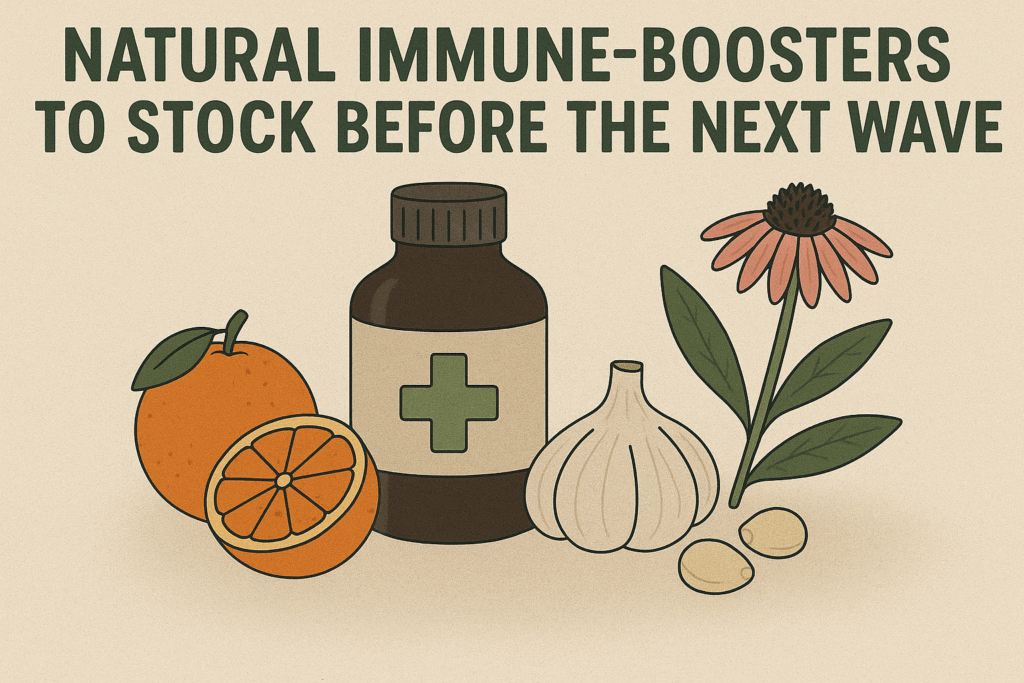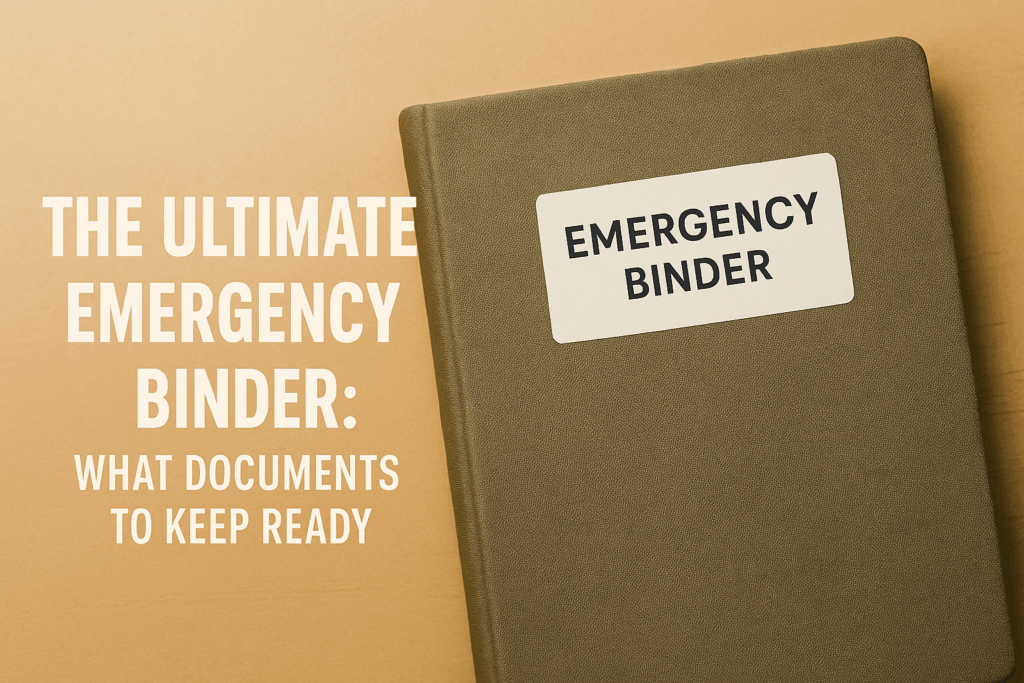Let’s be honest—most of us didn’t graduate high school knowing how to filter water in the wild, grow our own food, or even sew up a torn jacket. And yet, these are the kinds of things that can make all the difference in an emergency. That’s where essential prepper skills come in. These aren’t just for survivalists or off-grid enthusiasts—they’re practical, hands-on abilities that help you become more self-reliant and prepared for anything. Whether it’s a natural disaster, a power grid failure, or just everyday disruptions, having a toolkit of real-world skills is one of the smartest investments you can make.
Water Purification: The First Rule of Survival
One of the most essential prepper skills is knowing how to make water safe to drink. Clean water is non-negotiable, but access can vanish quickly in a crisis. If the tap runs dry or becomes contaminated, do you know what to do? Boiling is a basic method, but it’s not always enough. Learning how to use water filters, purifying tablets, or even building a DIY sand filter could save your life. Also, knowing where to find natural water sources and how to assess their safety is key. It’s one of those skills you hope you never need—but you’ll be glad you have.
Fire Building: More Than Just Camping Fun
Fire is warmth, light, and the ability to cook or sterilize water—so mastering fire-making is crucial. You don’t have to be a wilderness expert to get this one down. Knowing how to start a fire without matches, using tools like a ferro rod or even basic friction, is a true essential prepper skill. Practice in your backyard. Understand what makes good tinder and kindling, and get comfortable starting a fire in wet conditions. It’s a confidence booster—and could be a life-saver. Bonus: fire is also a psychological comfort in stressful situations, and sometimes that’s just as important as the heat.
Navigation Without GPS: Don’t Get Lost
We’ve all become a little too reliant on smartphones. But what happens when the grid goes down or you’re out of signal range? Reading a paper map and using a compass are essential prepper skills that could guide you back to safety. Learn how to orient a map, determine direction using the sun or stars, and identify landmarks. It might sound old-school, but knowing how to find your way—especially in unfamiliar territory—could make all the difference. It’s not just for hikers or doomsday preppers; it’s a skill that makes you more confident and self-reliant anywhere.
First Aid Basics: Be Your Own Medic
Emergencies often come with injuries—minor cuts, sprains, or worse. That’s why first aid is among the most essential prepper skills. Basic knowledge like how to clean a wound, stop bleeding, splint a limb, or perform CPR could save a life while waiting for help to arrive (if it ever does). You don’t need to become a paramedic overnight. Just start with a good course, stock a solid first aid kit, and make sure you actually know how to use it. Remember, in many situations, you might be the most qualified person in the room.
Growing and Preserving Your Own Food
In a world where grocery shelves can empty overnight, knowing how to grow and store your own food is a huge asset. Gardening might sound like a hobby, but it’s also an essential prepper skill—especially when combined with seed saving and basic composting. Once you have food, learn how to preserve it through canning, dehydrating, or fermenting. These are old-school methods, but they work. Even a small balcony garden can be a source of greens, herbs, and morale. It’s not about becoming 100% self-sufficient overnight—it’s about building the ability to provide, even when supply chains falter.
Self-Defense and Situational Awareness
Preparedness isn’t just about gear—it’s also about mindset. Being able to protect yourself and your loved ones, if necessary, is another essential prepper skill. That doesn’t mean you need to become a martial arts master or carry weapons. Situational awareness—being alert to your surroundings and avoiding danger before it escalates—is the foundation of self-defense. Consider taking a basic self-defense course, and learn how to secure your home. The more prepared you are mentally and physically, the less likely you are to panic—and the more likely you are to respond effectively in high-stress situations.
Final Thoughts: Start Where You Are
You don’t need to be a hardcore survivalist to start learning these essential prepper skills. It’s all about small, steady steps—learning something new each month, practicing regularly, and building confidence in your abilities. The goal isn’t to live in fear. It’s to live with greater independence, resilience, and peace of mind. Because let’s face it—life is unpredictable. And when challenges come your way, having practical know-how could be the difference between chaos and calm. These skills might not be on the school curriculum, but they’re lessons well worth learning.
References
- Red Cross – First Aid, CPR, and AED Training
https://www.redcross.org/take-a-class/first-aid - CDC – Emergency Water Supply Preparation
https://www.cdc.gov/healthywater/emergency/index.html - Backpacker – How to Read a Topo Map
https://www.backpacker.com/skills/how-to-read-a-topo-map/ - University of Illinois Extension – Food Preservation
https://extension.illinois.edu/food/preserving-food - National Fire Protection Association – Fire Safety Tips
https://www.nfpa.org/Public-Education/Staying-safe/Preparedness




